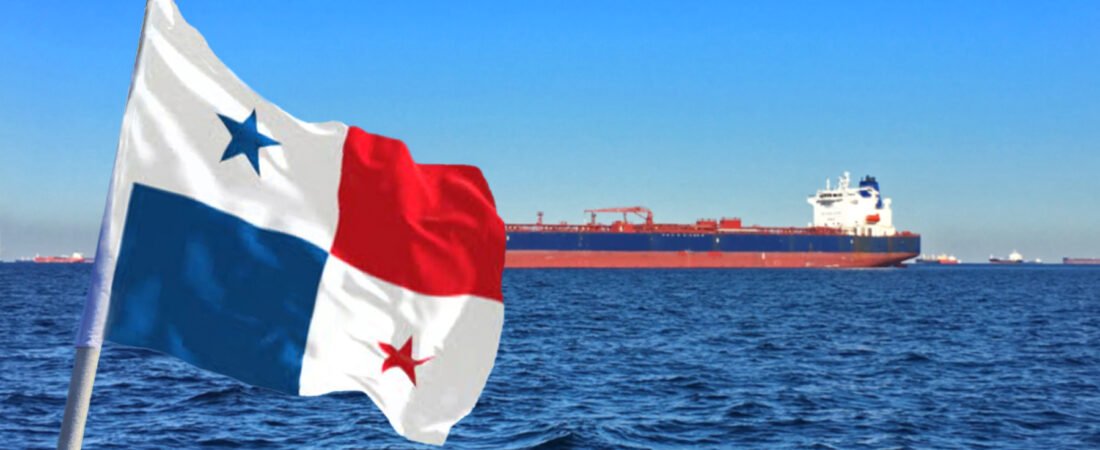The Panamanian government has responded to criticism regarding its flag registry’s alleged inaction against vessels involved in transporting Iranian oil, emphasizing its efforts to deregister non-compliant ships. As the world’s largest ship registry, with around 8,500 vessels, Panama has faced scrutiny over “shadow tankers” operating under its flag to facilitate Iranian oil trade in violation of international sanctions.
In a recent statement, the Panama Maritime Authority (AMP) outlined measures taken since 2019 to strengthen oversight, including the removal of more than 650 vessels from its registry. Additionally, the AMP revealed that since October 2023, it has deregistered 214 ships (totaling over 12 million tons) linked to owners on international sanctions lists.
The response follows renewed pressure from United Against Nuclear Iran (UANI), a watchdog group, which claims Panama’s registry lacks “consistent, proactive enforcement.” UANI reports that 17% of the 542 vessels it suspects of carrying Iranian oil sail under Panama’s flag, with some later sanctioned by the U.S.
Panama’s Enforcement Measures
To combat illicit activities, the AMP has implemented several reforms:
- Mandatory AIS Tracking: Penalizing vessels that disable Long-Range Identification and Tracking (LRIT) or Automatic Identification Systems (AIS).
- Regulating Ship-to-Ship Transfers: New rules require advance reporting of oil transfers, a tactic used to obscure cargo origins.
- International Cooperation: Partnering with other registries to prevent “flag hopping” — where sanctioned vessels switch flags to evade penalties.
While critics argue for stricter enforcement, Panama maintains that its deregistration efforts demonstrate a commitment to combating maritime sanctions evasion. The debate highlights the challenges faced by flag states in balancing regulatory oversight with the scale of global shipping operations.


Leave a Reply